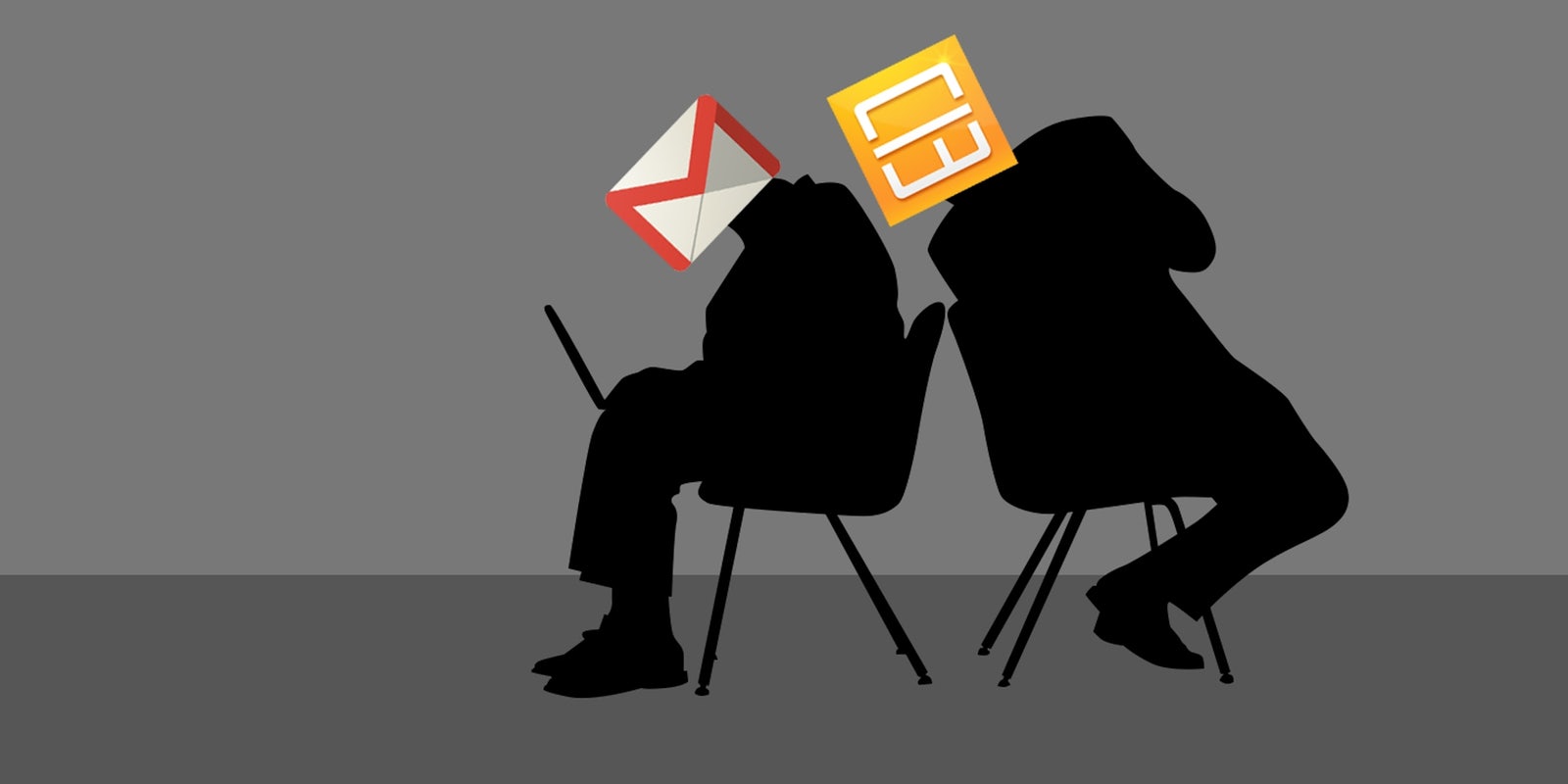In life, it’s generally accepted that there’s a certain amount of information people don’t need to know—for the good of the world.
Imagine if you had a device that allowed you to read other peoples’ thoughts, giving you an unfiltered mind-dump of every single thing that’s on their mind. Do you really want to know everything they think about you? Even worse, imagine a machine that only gave you a partial glimpse or told you that they were thinking about you right now—but wouldn’t tell you what they were thinking. Doesn’t that sound horrible, like a superpower you would never ever want?
Great! Because Google Chrome is now offering you the ability to instantly make your Gmail account into an endless cycle of desperation and shame. A new extension called Streak will allow users to see the exact moment their emails have been read by the party they’re sending it to.
Ever wondered how many of your important messages go unseen and unchecked? Do want to see just how much of the Internet is totally ignoring you? The only thing worse is a service that would quantify just how many people groan when they see your Facebook status. “This guy again?” the service would repeat back to you, in its Michael Fassbender cyborg voice. “Doesn’t he have anything better to do?” Even worse would be a list of everyone who deactivated you from their feed.
Streak, when used in a strictly business sense, could be a helpful innovation. If you have a pressing email and you haven’t heard back from Linda in payroll, Streak would give you an indication if that message got flagged as spam, buried under her myriad emails about penis enlargement pills.
But as we know, anything that can be used for good most likely won’t. Streak is like the villain at the beginning of the comic book movie who just wants to create something good for the world but then turns into a robotic half-human who uses his exoskeleton to kidnap your girlfriend. Streak won’t save you; Streak is the reason you spend hours refreshing, just to see if you-know-who has read your email yet. If you don’t know who yet, you will when you get Streak.
A friend of mine used to have a service for his cellphone that would allow him to see if people had checked his text yet. It seemed like a good idea when he bought the phone, until the service became its own form of obsession. He found himself constantly on his cellphone, internalizing what this service told him about his worth to other people. It could mean that his friends are busy or you-know-who is at work right now and can’t check texts, but when you see that five people have yet to even look at what you sent them, it’s hard not to feel invisible.
The worst part was that he couldn’t turn off the service; it was an installed feature on his cellphone, one that made him into a mouth-breathing text stalker until the phone inevitably got broken, possibly out of rage.
Maybe this sort of behavior bothers people less than it used to, as technology becomes the new high school. When you log onto Facebook, you can quantify how many people like you enough to continue the ruse of your online friendship, the number of people that validate your existence with a “Like” or a “Poke.”
Streak, at its best, is an offshoot of that social contract, and even Facebook allows you to tell if your messages have been “Seen.” Streak could be like seeing the other person’s smile when you pass them a note during Biology class, an indication that what you’re putting out into the world has been received. It’s the type of affirmation you can only get through app developers simulating human emotion.
But just because you can invent something doesn’t mean you necessarily should. Parts of that cycle don’t need to be simulated, and we don’t need more applications helping us be sad and desperate on the Internet. We can do that ourselves on Adam4Adam.
If there’s a life example here, let it be Cold Mountain. In Charles Frazier’s novel, Ada (played by Nicole Kidman in the movie) spends every day desperately waiting for the postman to come with a letter from her lover, a sign that he’s OK and he’s been thinking about her, too. And spoiler for those who haven’t read, Ada later is rewarded for her devotion when she ends up a sad pregnant widow who lives with a chatty mountain woman. Is this what this technological revolution has been fought for, so we can all be the sad lady sitting at the mailbox?
We have the power to invent almost anything we want these days, even printers that make pizza, but it’s our responsibility to make sure we aren’t destroying ourselves, bringing out the worst in human nature. Streak might seem like the way of the future, but just remember: Every evil supervillain was a lonely dreamer once.
Illustration by Jason Reed


